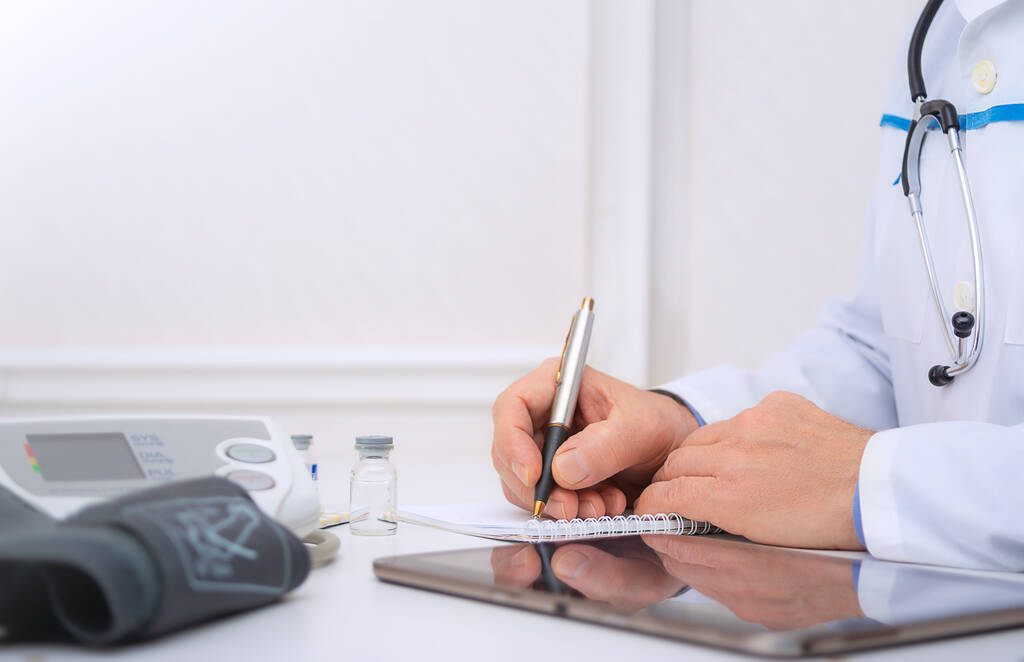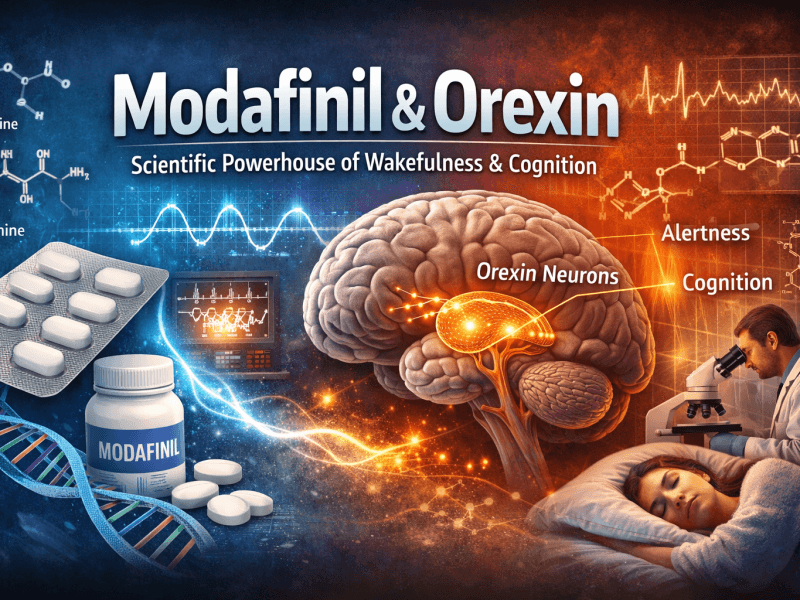Modafinil is a prescription medication used to treat conditions such as narcolepsy, sleep apnea, and shift work sleep disorder. It is also widely recognized for its off-label use as a cognitive enhancer, improving focus, alertness, and productivity. Due to its classification as a controlled substance in many countries, obtaining Modafinil requires consulting a licensed medical professional. If you’re considering asking your doctor about a Modafinil prescription for non-traditional purposes, understanding how to approach the conversation can make all the difference.
Why You May Need a Prescription for Modafinil
Modafinil is a Schedule IV controlled substance in the United States and similarly regulated in other countries. This classification means that while it has legitimate medical uses, it also carries potential risks of misuse and dependency. As a result, seeing a doctor is essential for obtaining a prescription legally and safely.
Preparing for Your Doctor’s Appointment
Before scheduling a consultation, you should be well prepared to discuss your symptoms and reasons for seeking Modafinil. Consider the following steps:
1. Identify Your Symptoms
If you suspect that you have a sleep disorder, make a note of:
- Excessive daytime sleepiness
- Difficulty maintaining focus and staying awake
- Uncontrollable sleep episodes
- Poor performance due to fatigue
- Difficulty adjusting to shift work
2. Gather Relevant Medical History
Your doctor will need information about:
- Past diagnoses and treatments
- Sleep patterns and habits
- Other medications you are taking
- Lifestyle factors that may contribute to fatigue
3. Be Honest About Your Needs
If you are seeking Modafinil for off-label use, such as cognitive enhancement, be aware that some doctors may be reluctant to prescribe it for non-medical reasons. However, if you have significant issues with focus, productivity, or fatigue, discussing these concerns candidly can help your doctor determine the best course of action.
How to Find the Right Doctor
Finding the right healthcare provider is crucial. Consider the following options:
1. Primary Care Physician (PCP)
Your general practitioner may be your first point of contact. Some PCPs prescribe Modafinil, but others may refer you to a specialist if they believe a further evaluation is necessary.
2. Sleep Specialist
If you have a suspected sleep disorder, seeing a sleep medicine specialist may be the best option. These doctors specialize in diagnosing and treating conditions such as narcolepsy, sleep apnea, and circadian rhythm disorders.
3. Psychiatrist
Some psychiatrists prescribe Modafinil for attention related disorders or mental fatigue. If you experience cognitive impairments related to depression, ADHD, or other conditions, consulting a psychiatrist may be beneficial.
4. Telemedicine Services
Many online platforms offer virtual consultations with licensed doctors who can prescribe Modafinil if deemed appropriate. Some of these services require proof of a sleep disorder diagnosis before issuing a prescription.
What to Expect During Your Doctor Appointment
When you meet with your doctor, they will likely:
- Ask detailed questions about your symptoms, medical history, and lifestyle.
- Conduct a physical examination and potentially recommend a sleep study.
- Evaluate your eligibility for Modafinil based on your diagnosis.
- Discuss potential side effects and risks, such as headaches, insomnia, and increased heart rate.
If your doctor determines that Modafinil is appropriate, they will write you a prescription and provide guidance on how to use it safely.
Getting Your Prescription Filled
Once you have your prescription, you can fill it at a pharmacy or through legitimate online pharmacies that require a doctor’s approval. Be sure to:
- Choose a licensed pharmacy to avoid counterfeit medications.
- Follow the dosage instructions carefully.
- Be aware of legal restrictions if you plan to travel with Modafinil.
Alternatives to Modafinil
If your doctor does not prescribe Modafinil, consider discussing alternative treatments, such as:
- Armodafinil (Nuvigil) – a similar wakefulness promoting agent.
- Adderall or Ritalin – stimulants sometimes used for cognitive enhancement.
- Lifestyle modifications – improving sleep hygiene, diet, and exercise to boost energy naturally.
- Nootropic supplements – non-prescription alternatives like caffeine, L-theanine, and Rhodiola Rosea.
Conclusion
Seeing a doctor about Modafinil is the safest and most reliable way to obtain the medication legally. By preparing for your appointment, choosing the right doctor, and discussing your symptoms honestly, you increase your chances of getting the appropriate treatment for your condition. Always use Modafinil responsibly and under medical supervision to ensure its benefits outweigh any potential risks.
‼️ Disclaimer: The information provided in this article about modafinil is intended for informational purposes only and is not a substitute for professional medical consultation or recommendations. The author of the article are not responsible for any errors, omissions, or actions based on the information provided.
References:
- Robertson P, Hellriegel ET. Clinical pharmacokinetic profile of modafinil. Clinical Pharmacokinetics. 2003
- Kim D. Practical use and risk of modafinil, a novel waking drug. Environmental Health and Toxicology. 2012
- Modafinil. MedlinePlus. US National Library of Medicine. 2024
- Robert Auger R, Rowley JA, Hashmi SD. Treatment of central disorders of hypersomnolence: an American Academy of Sleep Medicine clinical practice guideline. Journal of Clinical Sleep Medicine. 2021
- Kaplan S, Braverman DL, Frishman I, Bartov N. Pregnancy and Fetal Outcomes Following Exposure to Modafinil and Armodafinil During Pregnancy. JAMA Internal Medicine. 2021
- Slotnik DE. Michel Jouvet, Who Unlocked REM Sleep’s Secrets, Dies. 2017
- Greenblatt K, Adams N. Modafinil. StatPearls. Treasure Island, StatPearls Publishing. 2019
- Hashemian SM, Farhadi T. A review on modafinil: the characteristics, function, and use in critical care. Journal of Drug Assessment. 2020
- Tanda G, Hersey M, Hempel B, Xi ZX, Newman AH. Modafinil and its structural analogs as atypical dopamine uptake inhibitors and potential medications for psychostimulant use disorder. Current Opinion in Pharmacology. 2021
- Kakehi S, Tompkins DM. A Review of Pharmacologic Neurostimulant Use During Rehabilitation and Recovery After Brain Injury. Ann Pharmacother. 2021
- Barateau L, Pizza F, Plazzi G, Dauvilliers Y. Narcolepsy. Journal of Sleep Research. 2022
- Wang Y, Zhang W, Ye H, Xiao Y. Excessive daytime sleepiness in obstructive sleep apnea: Indirect treatment comparison of wake-promoting agents in patients adherent/nonadherent to primary OSA therapy. Sleep Med Rev. 2024


